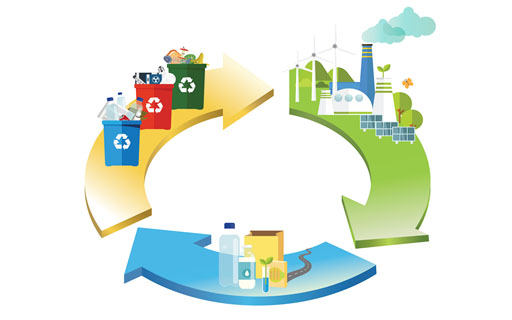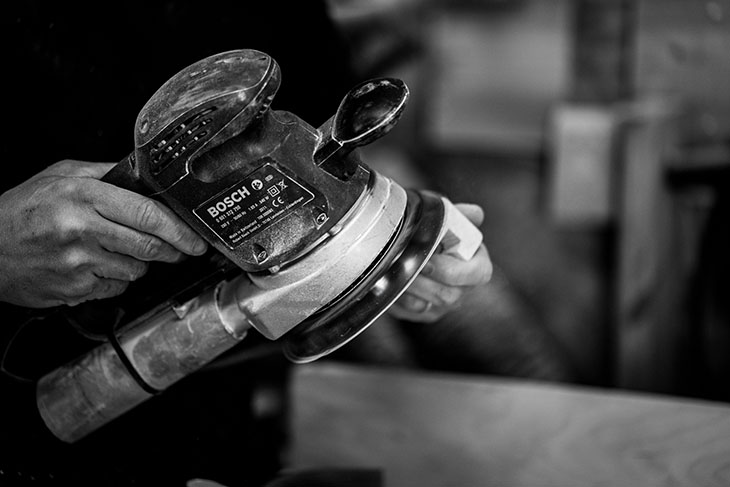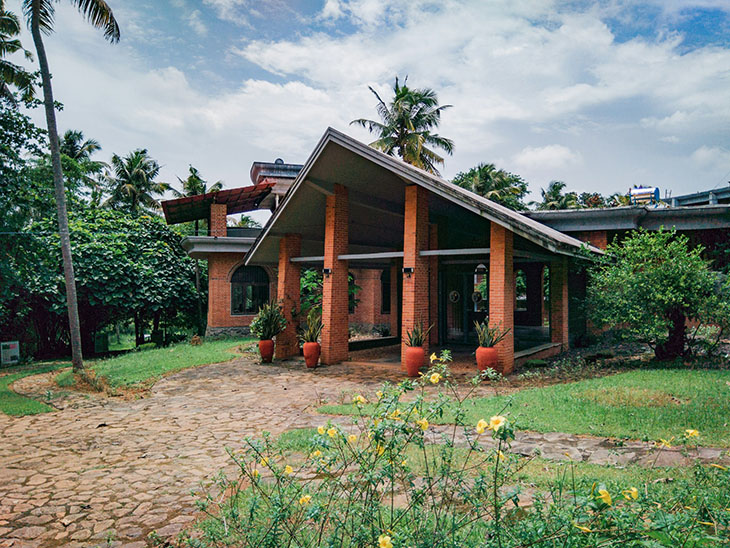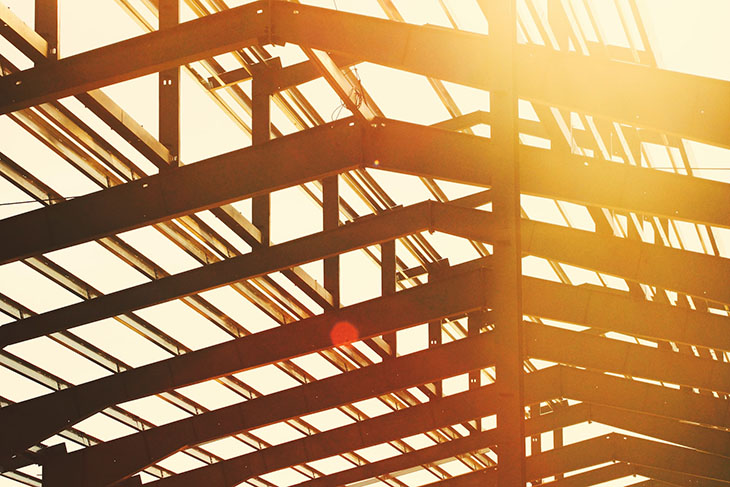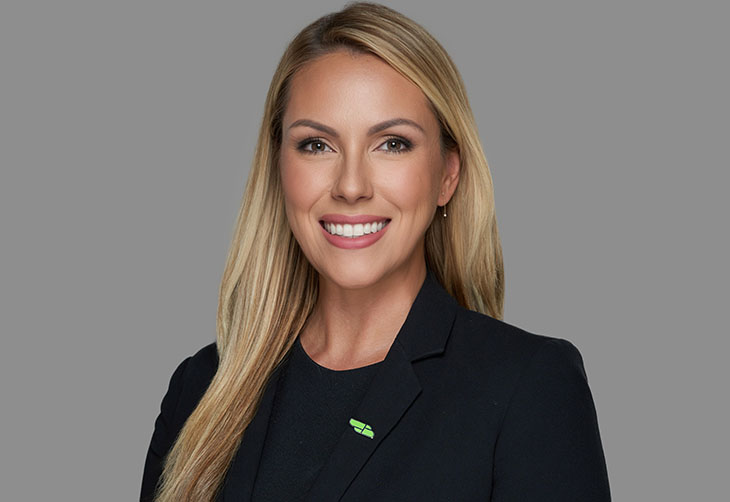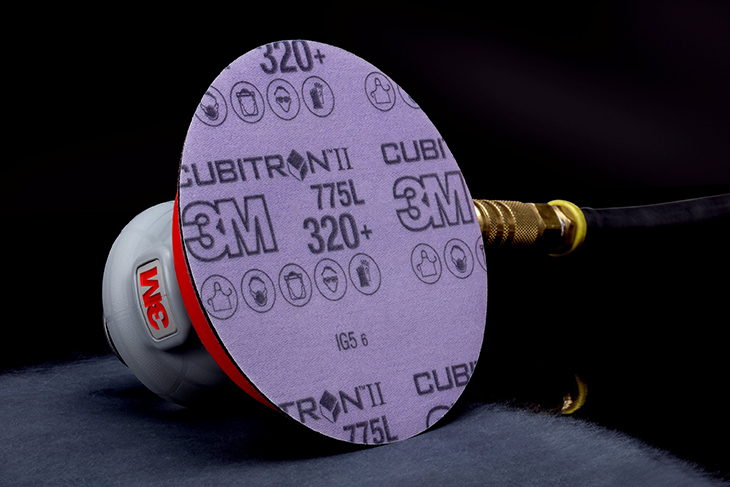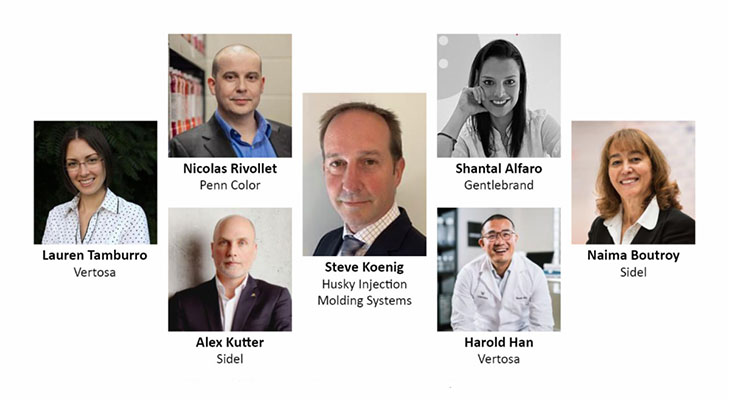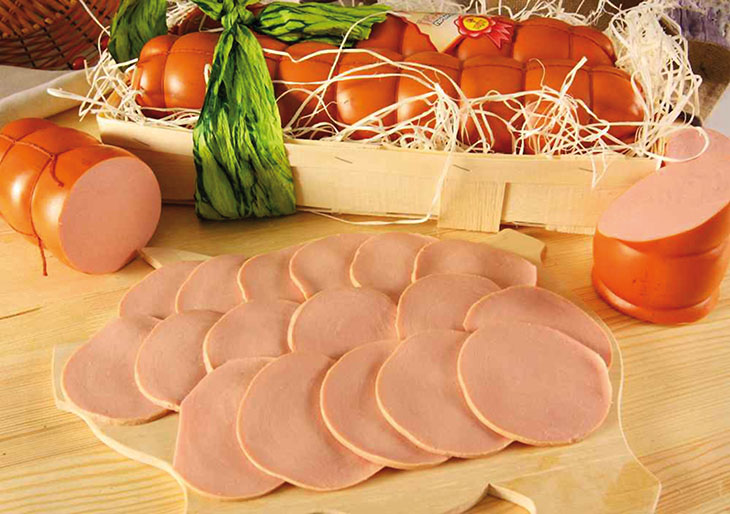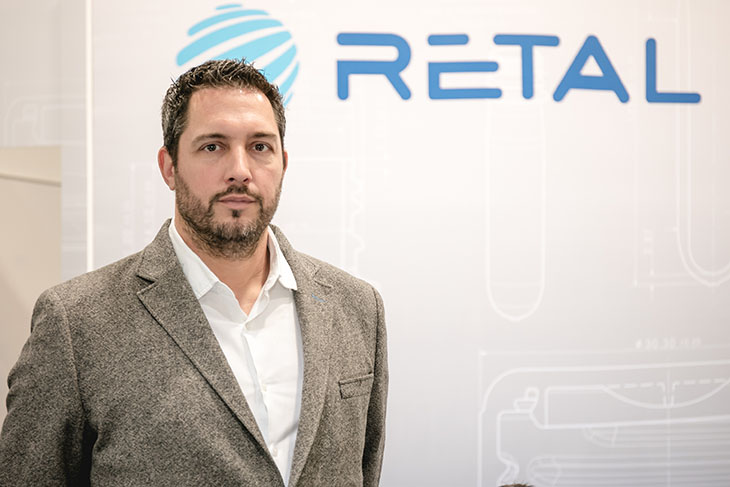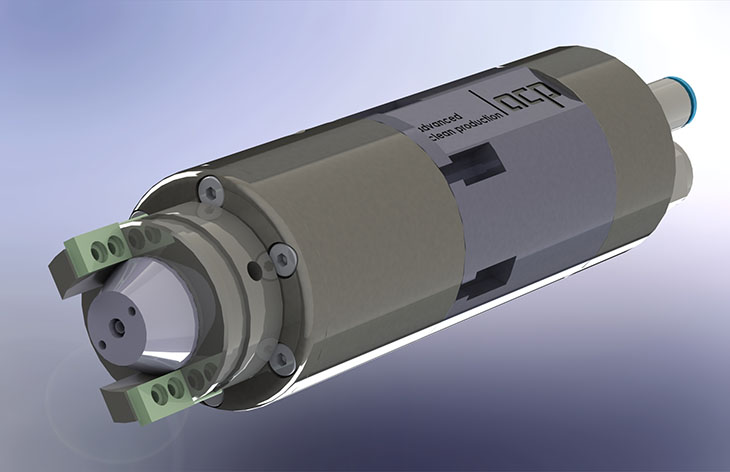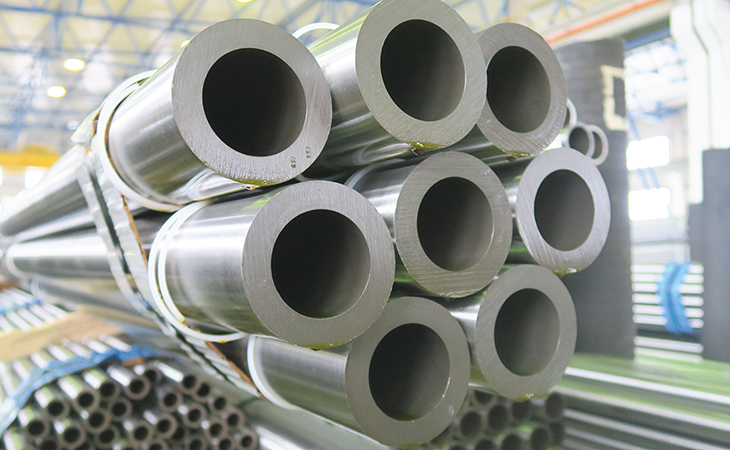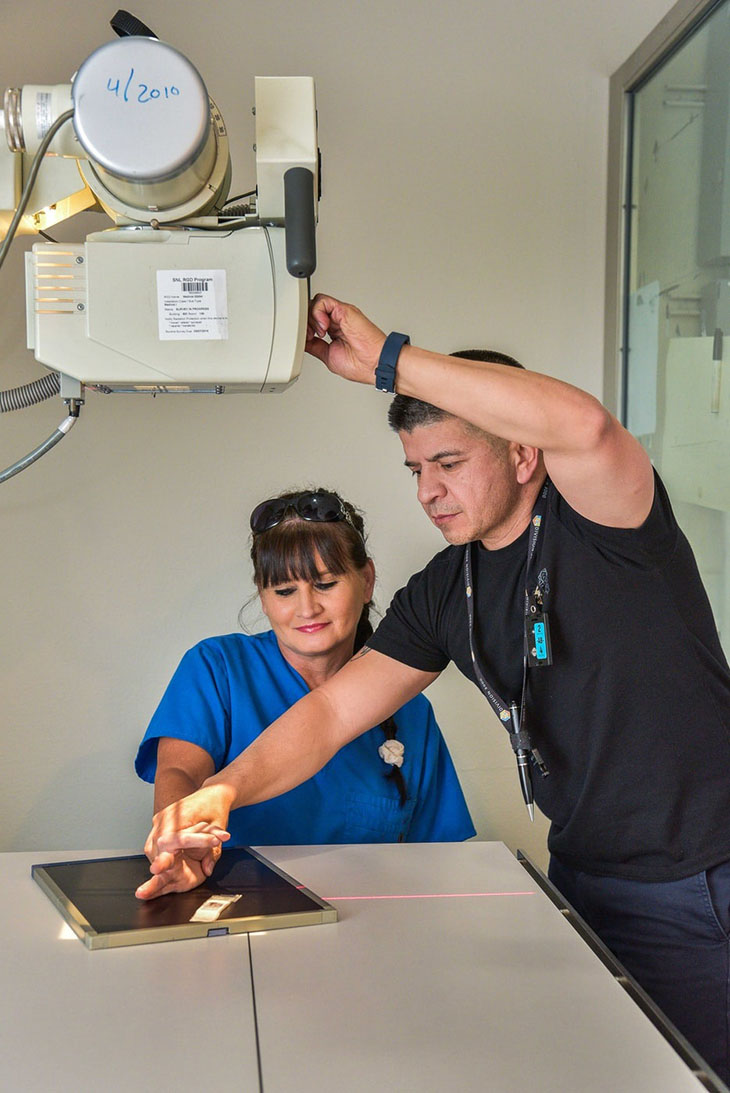Making a personal sacrifice is considered by many to be a key part of Lent. Social media is awash with people promising to go without something they love or value to be part of the Lent conversation.
Where it used to be about perhaps chocolate or alcohol, one popular hashtag seems to promise that giving up plastic for Lent will put them on the virtuous side of life. And of course, reducing our dependence on single use plastics is an important element in creating and maintaining a sustainable economy that crucially cuts plastic in our oceans.
But could we make a more tangible difference if we committed to giving up wasting plastic for Lent? What if we committed to giving up throwing away plastic for Lent and beyond?
According to a Smithers report, global plastic packaging consumption was projected at 58.6 million tons in 2019 and is forecast to grow during 2019-24 at an annual rate of 3.5 per cent, to 69.8 million tons.
The stark truth is that plastic packaging is the lightest, cheapest, most effective, most convenient packaging, for food and beverages especially. Consumers still want convenience.
The main issue that surrounds the plastic packaging industry is the continued creation and maintenance of a joined-up collection, sorting and recycling infrastructure of used plastic packaging, allowing more recycled PET into the packaging value chain and drastically reducing the industry's need for virgin material.
RETAL's Sustainability Director Emmanuel Duffaut says, “From consumers to packaging producers, we all want to reduce our negative impact on the environment, and we all have a sphere of influence from which we can make a difference. By responsibly using plastic and committing to putting it into the correct recycling bin after use, consumers can make a huge difference as it keeps the plastic in the value chain.”
Giving up wasting and throwing away plastic packaging for Lent means consumers can be part of the circular economy, giving their plastic packaging a valuable second (and third, and fourth, and fifth...) life.
For further information, please contact Mariya Ushakova at This email address is being protected from spambots. You need JavaScript enabled to view it.









